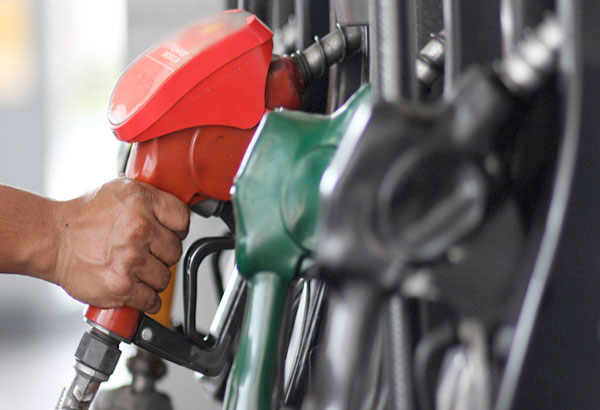Gayatri Ramanathan.
When the dust settles on COP28, it will go down as one of the more momentous ones.
For the first time, the final text includes language on fossil fuels with countries agreeing that fossil fuels need to be replaced with clean energy to reach global net zero by 2050. The agreement calls for a tripling of renewable energy by 2030 and a doubling of energy efficiency.
Although the text contains references to ‘transition’ fuels, the emphasis remains on switching to renewable energy. It also calls for accelerating efforts for phase-down of unabated coal power. The UAE agreement says that new national climate pledges should be delivered in late 2024.
For a meeting that was supposed to focus on climate finance, COP28 was a mixed bag. The Loss and Damage Fund was established on Day 1. The 2nd replenishment of the Green Climate Fund stands at $12.8 billion. The next COP in Azerbaijan in 2024 now becomes the year for finance when major political and technical processes must land to address these gaps.
The Dubai meeting sent some key signals on the need for international financial reform assisting poor nations with the energy transition, and adapting to climate impacts. The lack of accompanying finance makes the energy transition a harder lift.
The adaptation text is weaker than previous versions with few concrete metrics or definitions, but a plan to get there over 2 years. There is a significant reference to rich countries paying poorer countries to use their forests as carbon offsets, which has raised questions about sovereignty and equity.
Trade has been raised as an issue with countries looking to work together on fair aligned policies that support global climate-friendly supply chains. There is a “Roadmap to Mission 1.5 degree C” on international cooperation ahead of COP30 in Brazil, a Brazilian initiative.
Adaptation was supposed to be the 3rd key issue addressed in COP28. Here the final agreement is quite weak and watered down with the text having been cut to exclude targets and timelines, no indication of scaling up adaptation finance, and loopholes to delay/deny financial obligations. On the Global Goal on Adaptation, the language has been watered down from a ‘commitment’ to ‘seek to’. With 84 mentions of the word ‘adaptation’, there is no sense that there are hard limits to humankind’s ability to adapt to climate change, as outlined by IPCC.
But more than all of this, the sheer number of oil and gas executives and big agriculture and meat business representatives present at the meeting shows that these key emitters now see the writing on the wall. We should soon see action from these key industries on decarbonizing. Equity and finance will continue to be key issues well into COP 29 in view of the looming global recession and the wars in Ukraine and Gaza.
The article is written by Gayatri Ramanathan, an Energy and Climate Action Expert. The views expressed are personal.
This article has been provided by WriteCanvas. Do visit them here.

